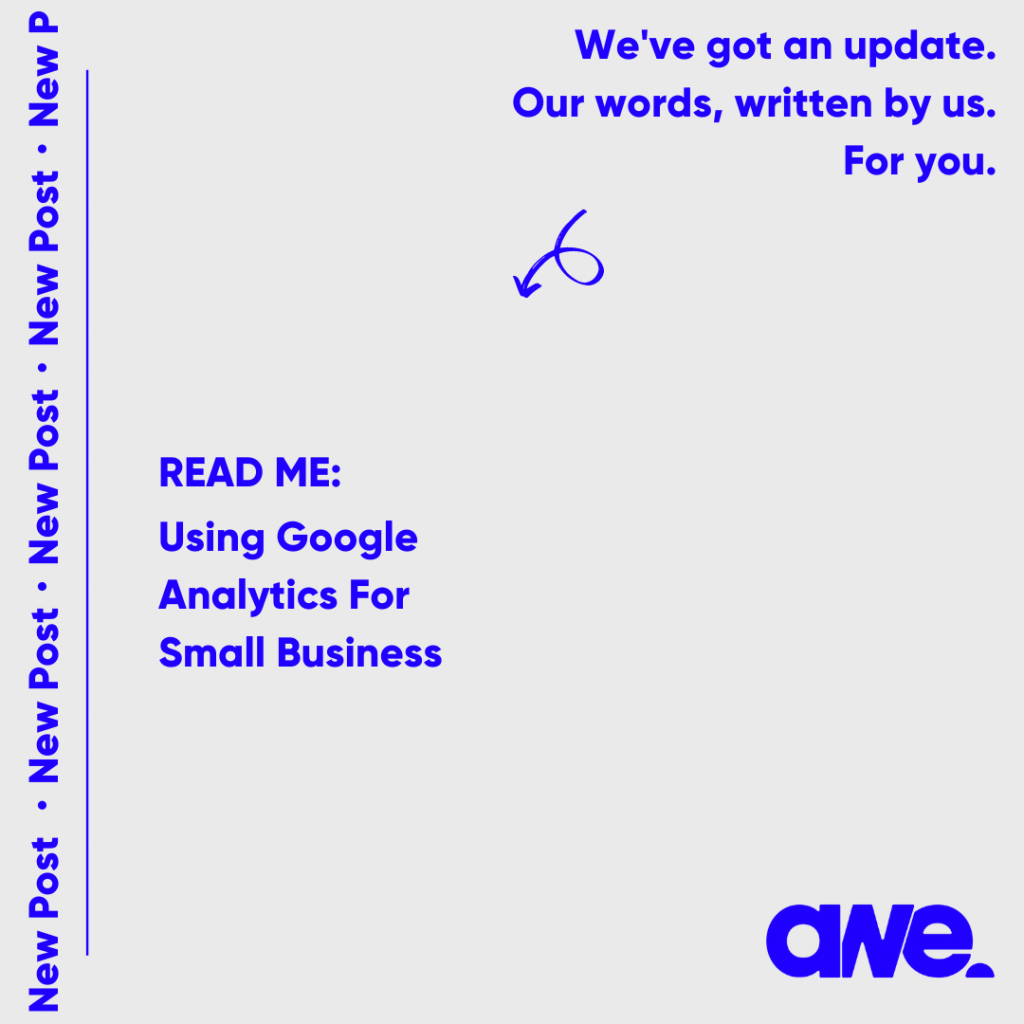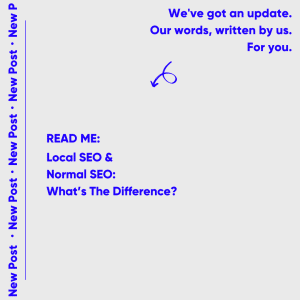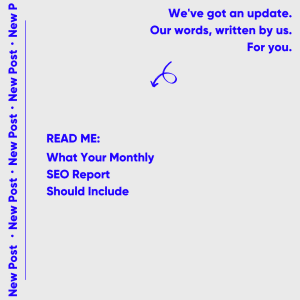
Google Analytics is a powerful tool that can help small businesses measure and improve their website traffic. It provides insights into where visitors are coming from, what they’re doing on your site, and how they’re converting (or not). This information can be used to make strategic decisions about website design, content, and marketing campaigns.
What is Google Analytics and what does it do?
Google Analytics is a free web analytics service offered by Google that tracks and reports website traffic. It can provide insights into where visitors are coming from, what they’re doing on your site, and how they’re converting (or not). This information can be used to make strategic decisions about website design, content, and marketing campaigns .
How can Google Analytics help small businesses?
Google Analytics can help small businesses measure and improve their website traffic by providing valuable insights into visitor behaviour and conversion rates. This information can be used to make data-driven decisions about website design, content, marketing campaigns, and more. Some key features of Google Analytics include real-time reporting, audience demographics and interests reports, and attribution modelling tools that can help businesses understand the impact of different marketing channels on customer acquisition and retention. Additionally, Google offers a number of resources and training materials to help small businesses get the most out of their analytics data.
What are some best practices for using Google Analytics?
Some best practices for using Google Analytics include:
– Identifying your key performance indicators (KPIs) and setting up goals to track progress against them
– Creating custom reports and dashboards tailored to your specific business needs
– Segmenting your data by traffic source, location, device, or other criteria to get a better understanding of which audiences are most valuable to your business
– Using event tracking to measure user interactions with key elements on your website (e.g. button clicks, video views, etc.)
– Conducting A/B tests on different web page designs or content variations to see what performs best with your audience – Using the Google Analytics API to access your data in more creative ways, such as building custom reports or integrating with other business tools.
Following these best practices will help small businesses get the most out of their Google Analytics data and improve their website traffic.
What are some common mistakes small businesses make with Google Analytics?
Some common mistakes small businesses make with Google Analytics include:
– Not tracking goals or conversions, so they don’t know what visitors are doing on their site
– Not segmenting their data, so they don’t understand how different groups of visitors interact with their site
– Not using event tracking, so they miss out on valuable insights about user behaviour
– Not A/B testing different website designs or content variations, so they don’t know what works best with their audience
– Not using the Google Analytics API, so they miss out on opportunities to access their data in more creative ways.
Avoiding these mistakes will help small businesses get the most out of their Google Analytics data and improve their website traffic.
How can small businesses get started with Google Analytics?
There are a few steps small businesses need to take to get started with Google Analytics
1. Create a free Google Analytics account
2. Install the tracking code on your website
3. Configure your account settings
4. Set up goals and conversion tracking
5. Create custom reports and dashboards.
6. Start collecting data!
Once you’ve completed these steps, you’ll be ready to start using Google Analytics to measure and improve your website traffic.
In Conclusion
In summary, Google Analytics is an essential tool for small businesses looking to measure and improve their website traffic. It provides valuable insights into visitor behaviour and conversion rates, which can be used to make data-driven decisions about website design, content, marketing campaigns, and more. Additionally, Google offers a number of resources and training materials to help small businesses get the most out of their analytics data. Following best practices will help small businesses get the most out of their Google Analytics data and improve their website traffic.




